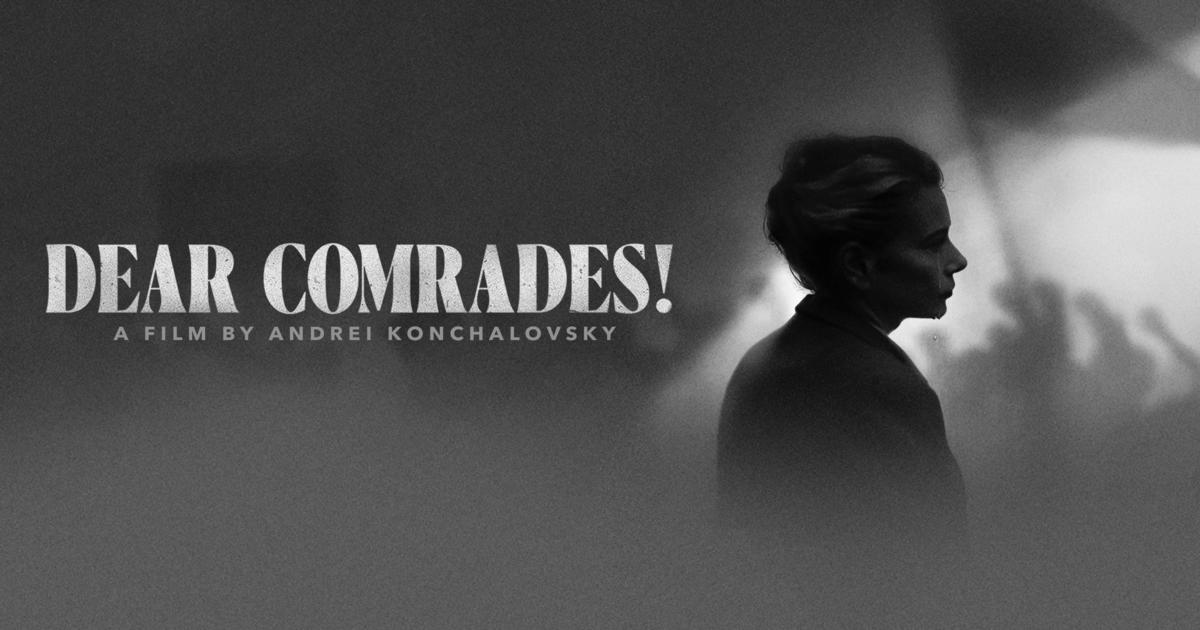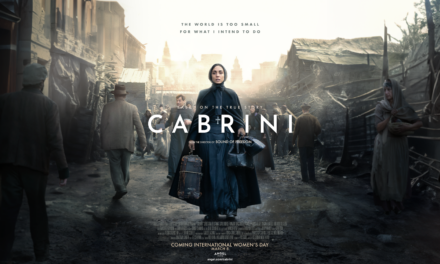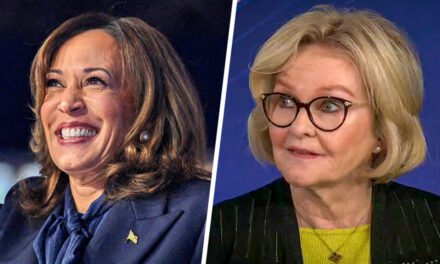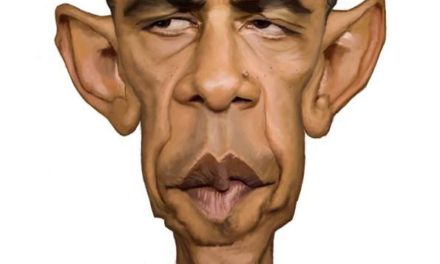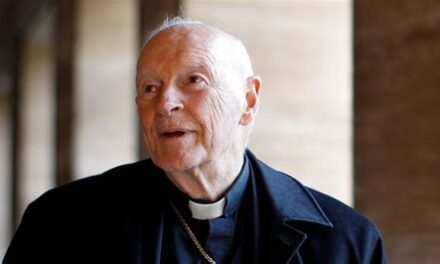In David Lean’s re-imagining of Boris Pasternak’s Doctor Zhivago, Yuri Zhivago (Omar Sharif), poet and doctor, stumbles into a clearing where the train of the dreaded Red Army commander Strelnikov (Tom Courtenay) stands at rest. There the two have a memorable interview. Strelnikov, the former Pasha Antipov, tells Zhivago he used to admire his poetry but has since changed his mind: “Feelings, insights, affections—it’s suddenly trivial now. You don’t agree; you’re wrong. The personal life is dead in Russia. History has killed it.”
The speech (not, as I recall, in Pasternak’s novel) raises questions that the next seventy years of Soviet “history” would underscore time and time again. If there is no personal life, what happens to people (persons, if you like) when the speeding train of history (moving into the future, of course) rushes their way? Some get out of the way, always remembering to salute the latest Strelnikov as he stares from a passing car. Some fall under the train. But how does the true believer in history react to those whom the train crushes? With an impersonal shrug? With a pat phrase that to make an omelet, one must break a few eggs?
Andrei Konchalovsky’s film Dear Comrades! (shot fittingly in black and white) probes for an answer to these questions with a story of an officially forgotten event (more on that later) from the brighter—yes, brighter—days of the U.S.S.R. The year is 1962, and the place is Novocherkassk, nearly ten years after Stalin’s demise. This, then, is what the world regarded as the “thaw,” the promise of reform, a time for the West to “build bridges” to the East.
The main character, Lyuda Syomina (Julia Vysotskaya) rises from bed with a man that we may assume is her husband, except that he’s not. He and Lyuda are on the city council, good card-carrying members, to be sure, and as she dresses they offhandedly discuss the business of the day: prices have been hiked (I don’t say risen: that’s what happens in a free economy), wages have been cut by a third, and the factory workers in this corner of the Workers’ Paradise are not happy. But the council can deal with it.
Lyuda heads for home, but not before stopping off at a store where less privileged housewives are demanding goods they are assured are in short supply. No problem for a council member. She is ushered into a back room where gets her pick of whatever she wants. Back at her apartment—a somewhat dumpy place although possibly another official perk—Lyuda’s family is as agitated as the workers.
Daughter Svetla (Yuliya Burova), in her mid-teens, wants to join the workers’ protest. Lyuda’s father (Sergei Erlish) views the regime through a lens the Soviet rulers would surely call counter-revolutionary or Fascist. People, he declares, didn’t go hungry under the tsars; before the day is over, he’ll pull an icon out of hiding and don his old soldier’s uniform (White Army?) that he’ll wear until bedtime.
The true believer is Lyuda. She goes dutifully to her council meeting only to find it rudely interrupted by hundreds of workers outside the building whose numbers are growing and whose mood is hardly pacific. After they start hurling stones through the windows, the council takes flight through the basement and sewer, and Khrushchev sends his men, Mikoyan among them, to defuse the crisis. At that meeting, Lyuda speaks forcefully for the crushing of the protest: “Arrest them and take them to court . . . Instigators should get the extreme penalty.” When Khrushchev’s men hear the local military has been issued blanks, they firmly remind the commander that soldiers without ammunition can’t do much against a mob. Bullets are issued, and in short order, people are dying.
Was this the “extreme penalty” Lyuda had in mind? Maybe, but once she learns Svetla is among the crowd of workers, her attitude changes; you might say things get personal. As she rushes into the streets, she finds other people whose lives are been affected dramatically, to say the least. Rifle-and-machine-gun fire punctuates the scene as Lyuda frantically looks for Svetla. But soon the uneven contest comes to an end. A curfew is ordered with violators shot on sight. Trucks arrive to remove the bodies, and when officials find they can’t clean the blood from the sun-scorched asphalt, the stretch is quickly re-paved. Give the Soviets credit here: if they couldn’t feed their people, they could efficiently cover up an atrocity.
Lyuda goes to a hospital to find Svetla, alive or dead, but a friend who works there tells her to get out quickly: the protest officially never happened, and Lyuda’s very presence—she’s, after all, seeing bodies—puts her in danger. Amid all of this, she’s supposed to deliver a brief speech repeating her earlier glib words about the protests. As the moment approaches, she flees the hall, locks herself in the ladies’ room, and prays on her knees for God to deliver Svetla, crossing herself in the Russian Orthodox manner as she tearfully finishes.
What happens next would spoil the plot too much. I’ll only add that Lyuda enlists the help of a humane KGB officer who, also, sees something too personal in what’s occurred and pulls rank everywhere they go to learn of Svetla’s fate.
Konchalovsky’s Dear Comrades! is currently showing on Amazon Prime for a modest fee. Few films have shown so effectively the moral conflict and outright confusion that is bound to occur in a nation that sells itself as the glorious and godless man-centered future. Its moral emerges in bold relief: if you think history has killed the personal life, don’t be surprised to see that life rising to knock down history’s house of cards.

